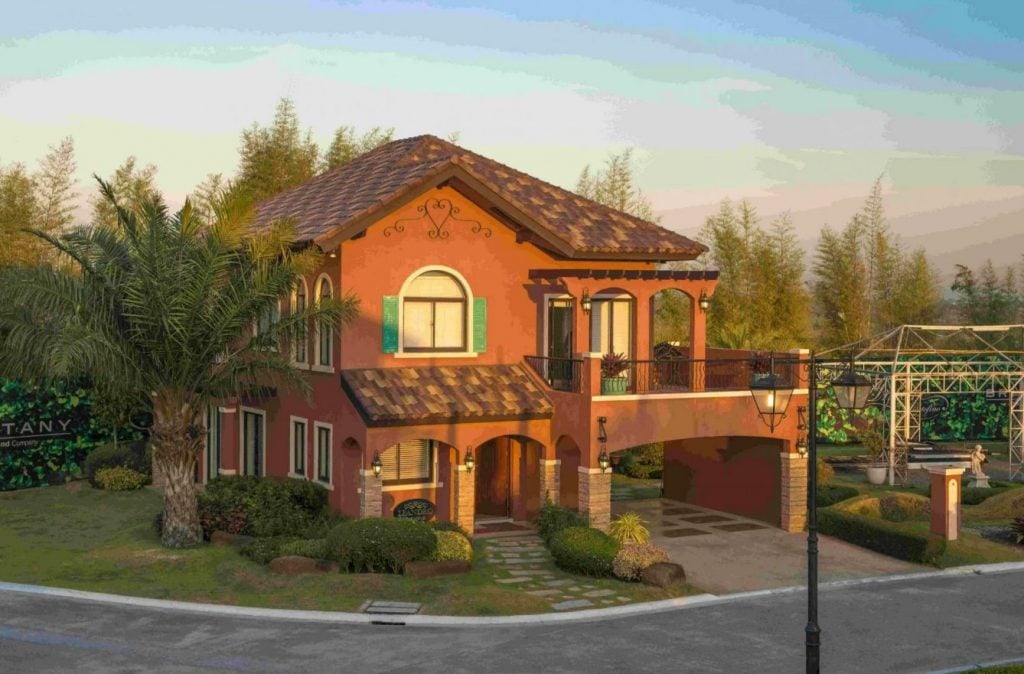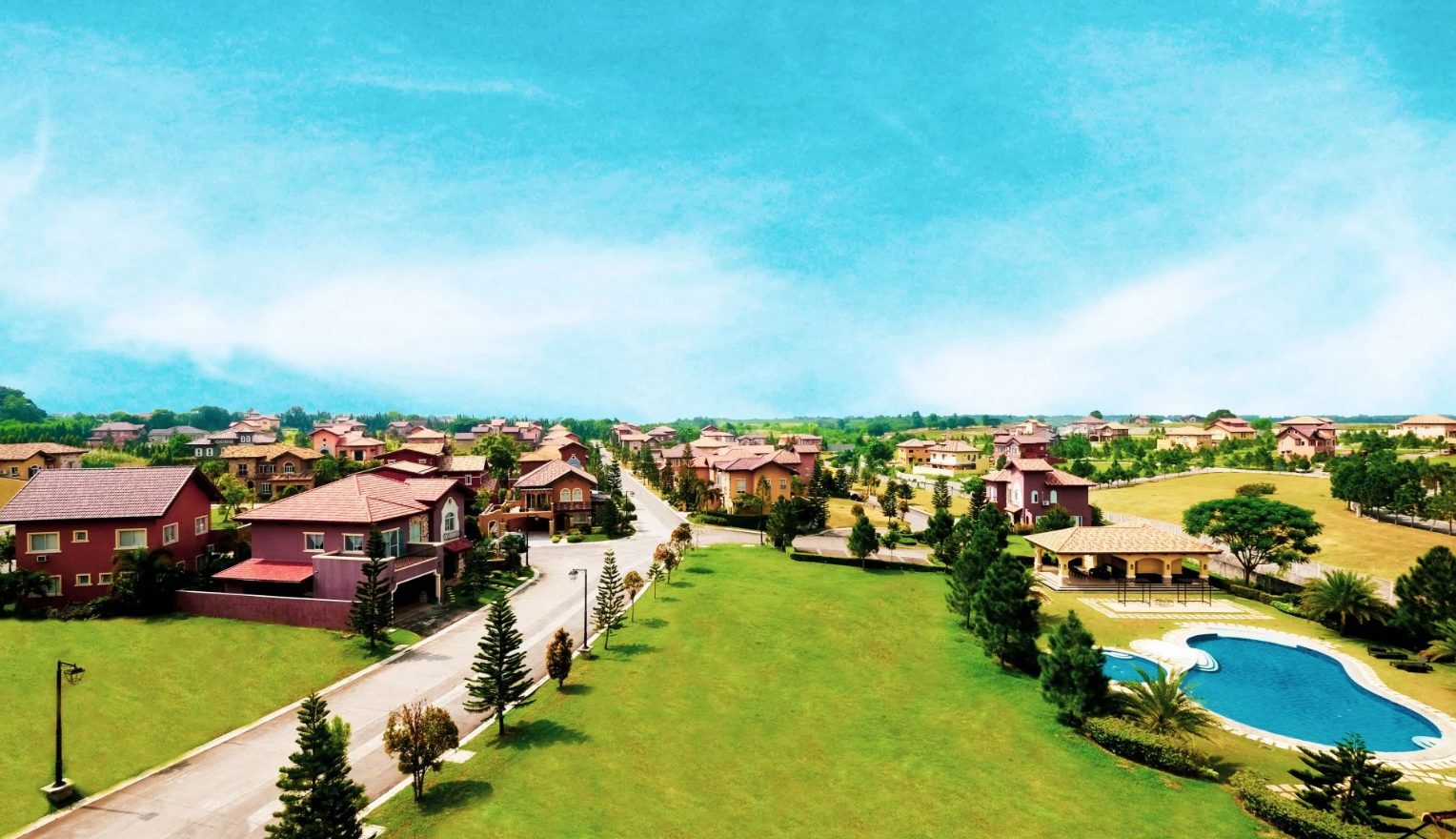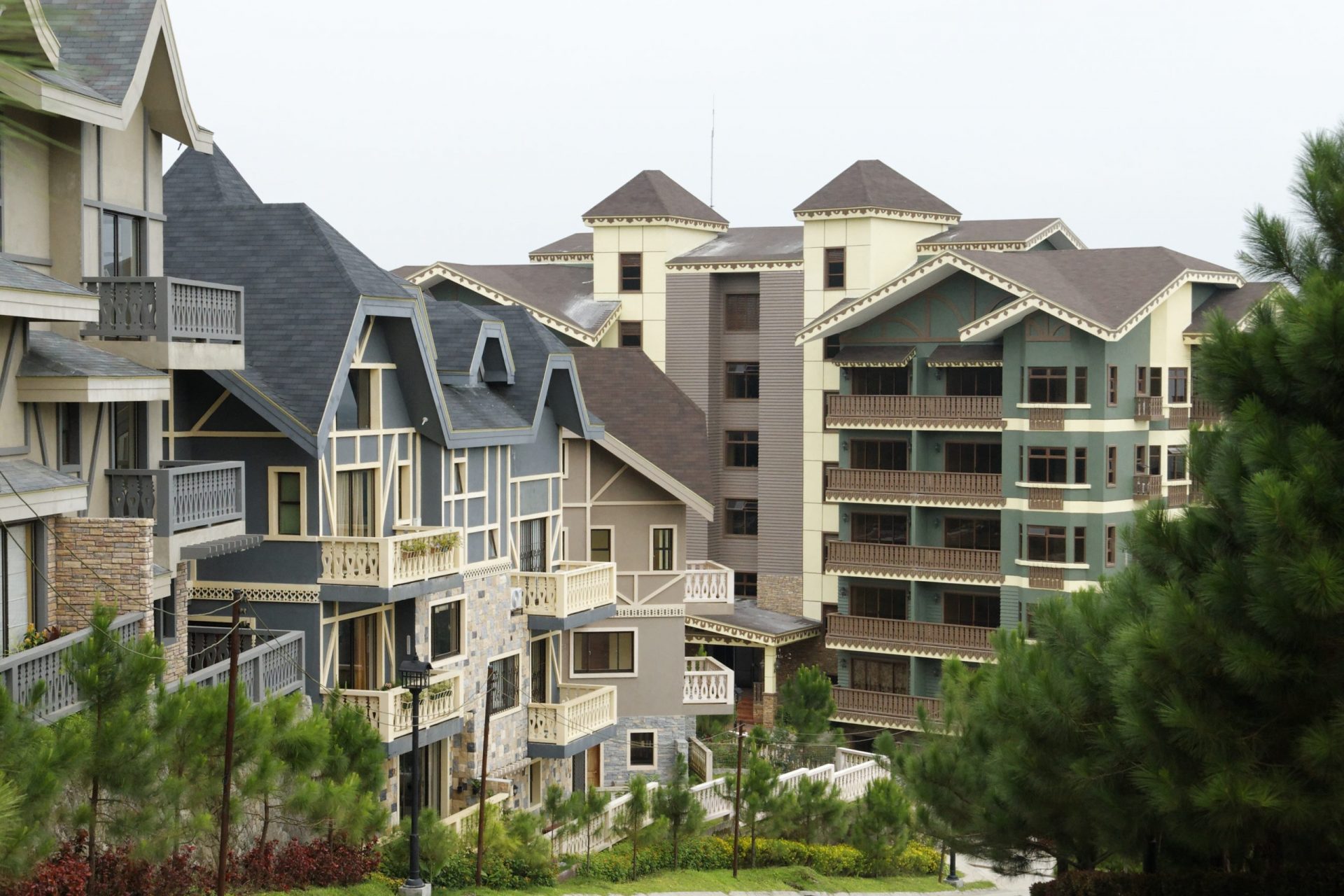BLOGS
Property Value Increase: The Unknown Advantage vs. Time
Property prices and values have historically exhibited a fascinating and often unknown advantage when considered over time. Understanding the dynamics of property value increase is essential for making informed decisions in the real estate market.
Important Concepts in Understanding How the Property Market Works
The real estate sector is multifaceted, encompassing a wide range of properties and purposes, from residential homes to commercial spaces and everything in between.
Property Prices
Property is a cornerstone of human civilization, and its value has been a subject of fascination, speculation, and investment for centuries. Whether you are a homeowner, a prospective investor, or simply an individual interested in the real estate market, the concept of property value increase is of paramount importance.
Property Values
Property values play a pivotal role in determining the financial well-being of property owners, developers, and investors. Also referred to as real estate values or real estate prices, these represent the monetary worth of a specific property at a given point in time. These values are influenced by a myriad of factors, such as location, size, condition, and the prevailing economic climate.
Property Value Appreciation
What sets real estate apart from many other forms of investment is the potential for property value appreciation, the gradual increase in a property’s value over time.
Property value appreciation can be attributed to various factors, and one of the most significant is the principle of scarcity. Unlike other commodities, real estate is finite, and its supply is limited.
As the global population continues to grow, the demand for living spaces and commercial real estate properties rises, putting upward pressure on property values. In thriving urban areas, where real estate development is often constrained by geographical boundaries, property values tend to appreciate at a more rapid pace.

Investment Property
Investment properties, in particular, are a prime example of the advantages of property value increase over time. These properties are acquired with the primary purpose of generating rental income or capital gains.
When property investors purchase an investment property, they expect that its value will increase over the years, allowing them to sell it at a profit or enjoy higher rental income.
Property Developers
The role of property developers is pivotal in the real estate sector. Property developers are responsible for transforming raw land or existing structures into valuable assets. Their decisions and actions have a direct impact on property values within a given area.
A successful real estate development project can significantly enhance the value of neighboring properties. This phenomenon, known as the “spillover effect,” demonstrates the interconnected nature of real estate values in a particular locality.
For property developers, the challenge lies in identifying opportunities for real estate development that align with market demand.
The Importance of Time in Property Value Increase
Timing is crucial, as the real estate market is subject to cyclical fluctuations. Investing in a property development project during a downturn in the market can be risky, as it may take several years for the project to reach completion and for property values to appreciate.
Inflation and the Economy
One of the intriguing aspects of property value increase is that it often occurs even when the property owner makes no significant improvements or investments in the property. The passive appreciation is primarily driven by external factors, such as inflation and the overall growth of the economy.
Inflation erodes the purchasing power of currency over time, causing the nominal value of assets, including real estate, to increase. Property owners benefit from this phenomenon as their property values rise in tandem with inflation, preserving and potentially increasing their wealth.
Moreover, the real estate market is inherently cyclical, experiencing periods of expansion and contraction.

The Risk of Property Investment
During an economic upswing, property values tend to rise due to increased demand, while during downturns, property values may stagnate or decline. However, property owners who hold onto their real estate investments through market fluctuations often benefit from the long-term trend of property value appreciation.
It is essential to acknowledge that property value increase is not guaranteed, and market conditions can vary widely based on location, economic conditions, and other factors. Nevertheless, historical data has shown that, over the long term, real estate values have tended to appreciate, making property ownership an attractive proposition for many.
The Wealth Effect
In recent years, the concept of “aging in place” has gained prominence, with many seniors choosing to remain in their homes rather than moving to retirement communities. This preference is partly driven by the comfort and familiarity of one’s own living space. Over time, property values can provide seniors with a financial safety net, allowing them to tap into the equity built up in their homes to support their retirement needs.
The financial advantages of property value increase also extend to the broader economy. Rising property values create a wealth effect, making homeowners feel more prosperous and confident in their financial situation. This increased confidence often leads to higher consumer spending, which, in turn, stimulates economic growth.
Other ways to Increase a Property’s Value
In the realm of real estate investing, property investors actively seek opportunities to capitalize on property value appreciation. These investors often employ various strategies to enhance the value of their investment properties.
Renovation and Property Improvement Projects
The resale value of a property is the amount for which it can be sold in the open market. Property owners and investors alike are keenly interested in maximizing resale value, as it directly impacts their potential return on investment. A well-maintained, upgraded property is likely to command a higher resale value compared to a property in disrepair.
In addition to renovation and maintenance efforts, property investors may explore other strategies to boost resale value. For instance, investing in energy-efficient upgrades can make a property more appealing to environmentally conscious buyers and may command a premium price. Similarly, improving curb appeal through landscaping or enhancing the interior with modern amenities can make a property stand out in the competitive real estate market.

Location
Another aspect that property investors consider is the potential for property value appreciation in a specific location. Properties in neighborhoods experiencing gentrification or urban renewal are often targeted by investors, as these areas have a higher likelihood of experiencing significant value appreciation over time.
The advantages of property value increase over time extend beyond financial gains. Real estate properties provide not only financial security but also a sense of stability and belonging. Homeownership, in particular, is deeply rooted in the aspirations of many individuals and families. Owning a home provides a place to build a life, create memories, and establish roots within a community.
The emotional and psychological benefits of homeownership should not be underestimated. It fosters a sense of pride and achievement, as individuals work toward the goal of owning a property. Furthermore, property owners often feel a greater connection to their communities, as they have a vested interest in the well-being of their neighborhoods.
Suggested Read: Portofino Alabang Sees Strong Price Appreciation
Suggested Read: The Best Time To Invest in a Luxury House? Now!
Suggested Read: Why Value Appreciation Attracts Investors
Suggested Read: 9 Factors Affecting Value Appreciation
Suggested Read: Santa Rosa Land Appreciation 2022















